You will never get it all right. Still, there are some things you should know when starting your PhD. This list will help you getting as much right as you possibly can. Welcome to the circus!
1. Doing a PhD is tough.
In many fields, doing a PhD will take you a long, long time – most likely anywhere between 3 and 7 years. In this time, you will accumulate a good few bathtubs of blood, sweat, and tears. Doing a PhD is a serious commitment. Check-in with yourself is you are ready for a rough adventure.
If you are, there are many great things ahead: Amazing people to meet, your own scientific discoveries, and a title at the end. Still, be prepared to spend a large portion of your time being frustrated, because nothing ever works as planned.
To get through your PhD, you will need to face a lot of bullshit and frustration. The good news: Once you are done, you will have nerves of steel and nothing in this world will be able to stop you any longer.
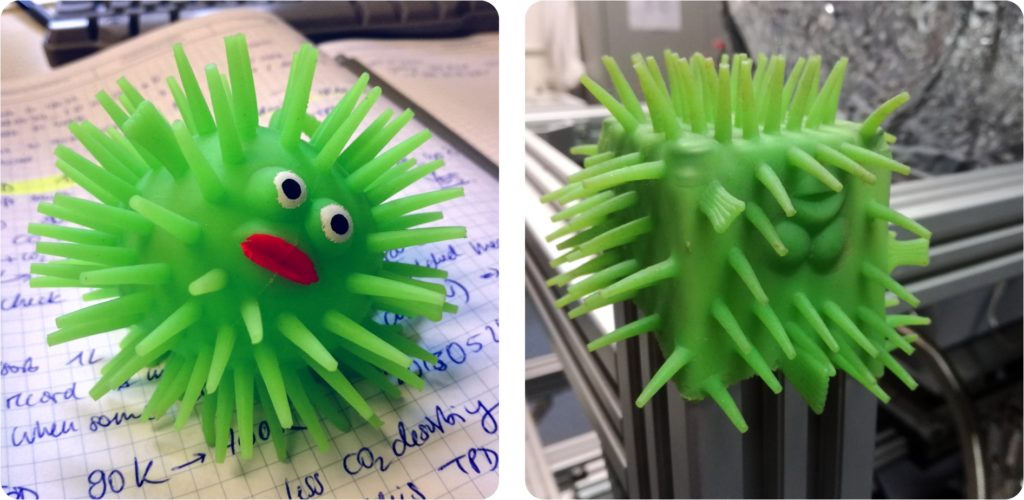

2. It’s normal to feel stupid.
All PhD candidates hear a voice inside of their heads telling them they are stupid, incompetent, and not worthy of their position. Some feel like they got their position out of sheer luck, and that they are only days away from everyone figuring out. Ironically, as a PhD student, it is normal to feel like you don’t know what you’re doing.
Once this self-doubt starts raising its voice, it might never go silent again. That’s okay. So many academics are struggling with the feeling of not being smart, competent, and productive enough, that we even have a word for this: Impostor Syndrome.
Welcome the voice in and choose to ignore it. Let your unwanted houseguest have a cup of coffee while you work at getting better.
3. Nobody expects you to be an expert on your first day.
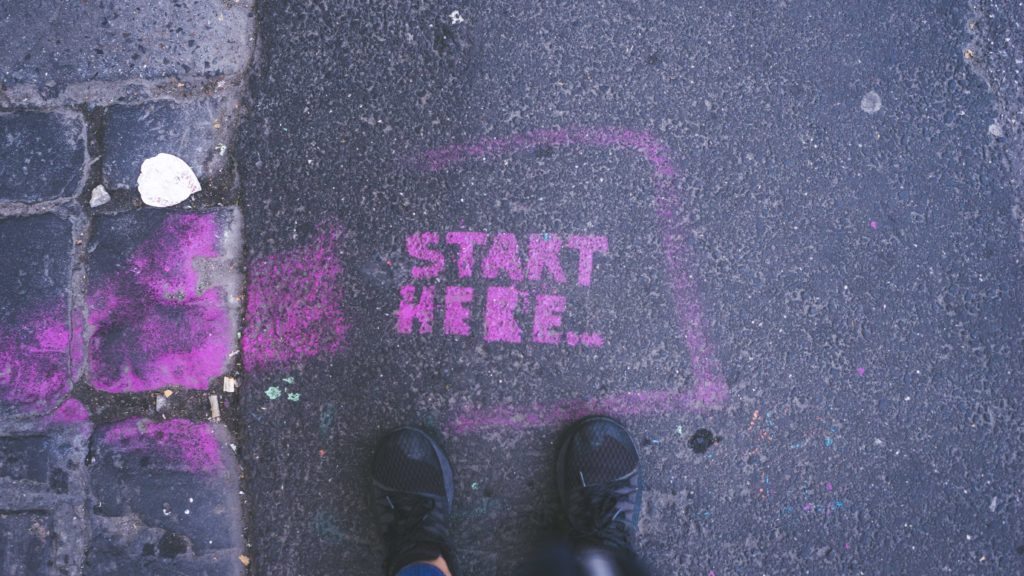

As a rule of thumb, you are granted at least the first half year of your PhD to catch up. When starting a PhD, read up on with literature about your topic, understand your experimental/analytical methods, and fill in any other gaps you might find while starting out. Read papers, go to a conference, ask your colleagues and supervisors about everything that is unclear to you. If they see that you are making an effort, they will be patient and understanding.
However, really DO use that time to get up to speed. After the first half year, you will be expected to know what you are doing.
4. You might be expected to work on weekends.
Some (though not all!) supervisors expect PhD students to work overtime, in some cases even during weekends. The best you can do to figure out if that would apply to you, is to talk to your colleagues before starting. What is their typical workday? Is weekend work required/expected/a personal choice? Make sure you know what to you are getting yourself into.


In most cases, you will not have to work crazy hours and weekends if your supervisors are content with your output. If long hours and/or weekend work is the norm in your lab, set clear boundaries for yourself. How long is it really okay for you to stay on a long day? How often can you really afford to come to work on a weekend?
To be a good researcher, you will need time off the job to recharge, get inspired, and to keep connected to your friends and family. Taking time for yourself outside of work is not a sign of laziness – it’s a must to stay sane in this business.
5. You will go from prodigy to disgrace and back countless times.
When you start, you never screwed up an experiment, you never asked a weird question, and your professor will congratulate themselves for the great new hire. You’re the new Golden Student!
Enjoy it while it lasts. At some point – no matter how hard you try to please – your professor will be annoyed with you. Maybe you forgot to cite a paper, came late to a seminar, or were simply the first person they saw after receiving bad news. You are suddenly cut off your professor’s affection.
It’s going to hurt – but also, it’s going to pass. Things will go back to normal almost always on their own – with the next batch of results or the next department mood swing.
6. You are responsible for your own growth.
While your supervisor should be your mentor and guiding light, this may not always be the case, for many possible reasons. Do not expect your supervisor to seek out new opportunities for you. If they do – great! If they don’t, make sure that you always have your own back.
Look for university courses or graduate school workshops that teach skills you want to get better at. For specific problems, don’t be afraid to ask your colleagues. Find conferences that interest you. Convince your collaborators that it is time to write a paper.
Be prepared to be your own mentor for a large part of the way. This can be hard – learn more on how to own your growth in this article.
7. Write EVERYTHING down.
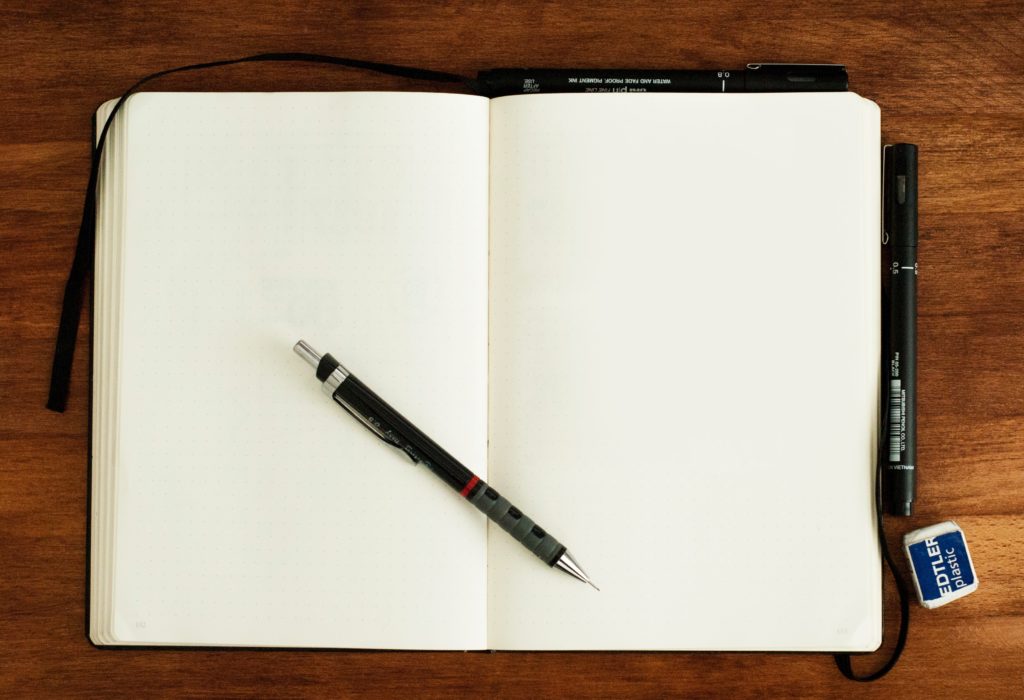

When starting a PhD, also start a personal notebook in which you collect everything project-related, even if you don’t know what it means yet.
From organisational to-dos, manuals of the new analytics software, to your personal ideas about the project and anything your professor mentions. This notebook will save your ass over and over again in the future.
8. Make your meetings count.
Meetings will be the backbone of your research. Whether it’s your supervisor stopping by the lab or strategy brainstorming with your professor, meetings will pave the way.
Especially in the beginning of your PhD, talking with your supervisors may be intimidating. You will not understand everything that is being said, and that’s okay. When it comes to meetings, make sure to:
- Make notes.
- Ask all of your questions.
- Find out exactly what is expected of you.
- Find out who can help you with these tasks.
- Thank everyone for their time when the meeting is over.
- Summarize all agreed points in an email to everyone involved.
The last point is crucial, because supervisors tend to have horrible memory. Write a recap email for every important meeting. Get the discussed milestones and strategies written down and shared. This will avoid misunderstandings and save you a lot of future headache.
9. Make the important people your friends.
Yes, your professor and supervisors are important. However, the really important people are the members of the non-scientific staff.
Secretaries, technicians, and librarians make the world go round in every university or institution. Still, their work is rarely appreciated. BE NICE TO THEM! Introduce yourself. Say hello when you see them. Smile. Say please and thank you.
From quick help with any technical problems to a secretary check-in about your professor’s mood – building a good relationship with the staff will make your PhD life much easier.
10. A community will help you through the toughest times.
We are human beings, and as such we have an obsession with feeling horrible about ourselves. For your PhD, the best remedy for this is to be an active part of a community. A good PhD community is a group of PhDs and/or Post-Docs that you feel safe with and that you admire. By talking with them, you will see that everyone has their pitfalls and learn how you can deal with your own.
Your community may simply be your colleagues at work. Other communities may be local PhD associations, Meetup groups, or research schools. Nothing in sight? Talk to PhD students that are working close-by and join their lunch breaks. Becoming a member of a supportive circle will help you get through the tougher times.
11. Outside friends are gold.


Make an effort to find and maintain friends outside of work. In frustrating times, these people will be your little islands of happiness – because they will be able to get your mind off your anxiety-inducing PhD project for a little while.
If you are new in town, join a sports class, a book club, or a brunch Meetup. Do whatever you enjoy that will get you to hang out with people outside of your work bubble.
12. There is mental help if you need it.
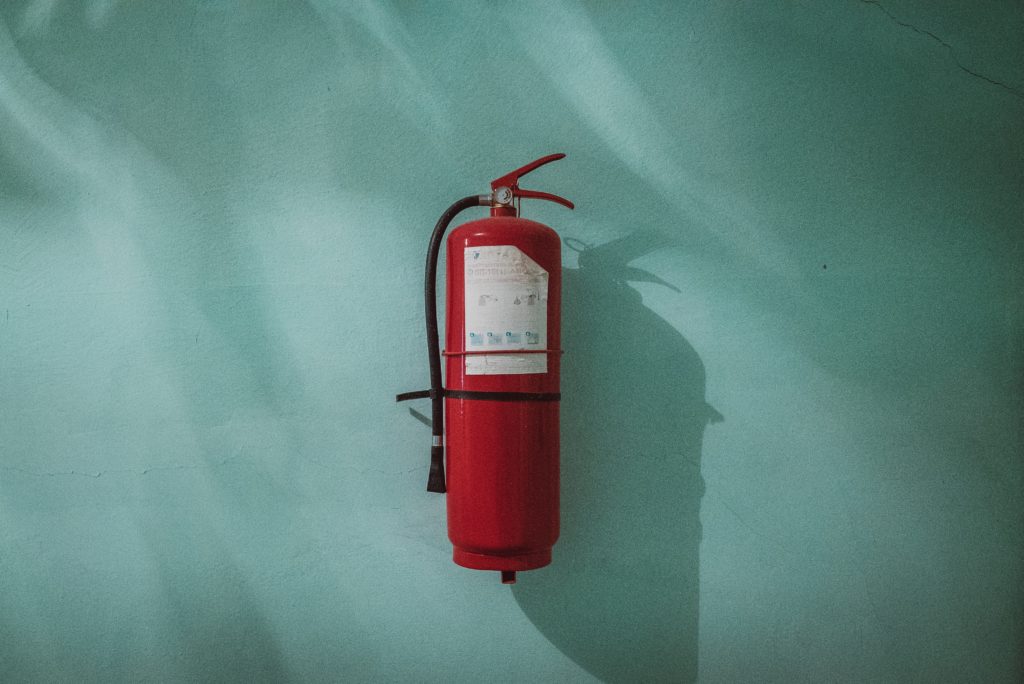

There will come a time in your PhD when things won’t go well. If this affects you psychologically, find support before you are too far down the hole to reach out.
Sit down today, as you have a clear head and are optimistic, and make a list of where you can get help if needed. Think of it as an emergency list. Who could you turn to if you are treated disrespectfully? If you are discriminated against? Where do you ask for help if you feel depressed, frustrated, or overwhelmed? Who is there if you are on the verge of burn-out?
For any of the above, there is somebody in charge at your institution that will hear you out in a private session. Possible allies could be the student union, PhD representatives, equal opportunities officers, and scientific counsellors. Many universities offer free psychological counselling. Make a list of names and email addresses now. Your future self will thank you.
If you ever find yourself in a situation where you think about reaching out for help, stop thinking and simply go. Don’t wait to reach out until it’s too late.
13. You can always quit.
When bad comes to worse, quitting is an option.
This is not to say that you should leave your PhD at the slightest problem coming up. Keep struggling through your challenges, but always know that you are not trapped in this job. You have the option of leaving if you don’t want to go on. There is no shame in doing that. You are in control. Keep this in mind and it will be easier for you to deal with difficult situations.
14. Starting a PhD: A few practical musts.
Backup your data. Be honest to your supervisor. Express any scientific concerns. Always ask questions. Don’t be shy to ask for help. Have an organisation system. Take any chance to present and discuss your science.
And, most importantly:
Allow yourself to make mistakes.
If you find this list helpful, share it with someone that is just starting out with their PhD.
What are things that you wish you would have known when you started your PhD? Which things surprised you most? What did you learn along the way? Let us know in the comments below!


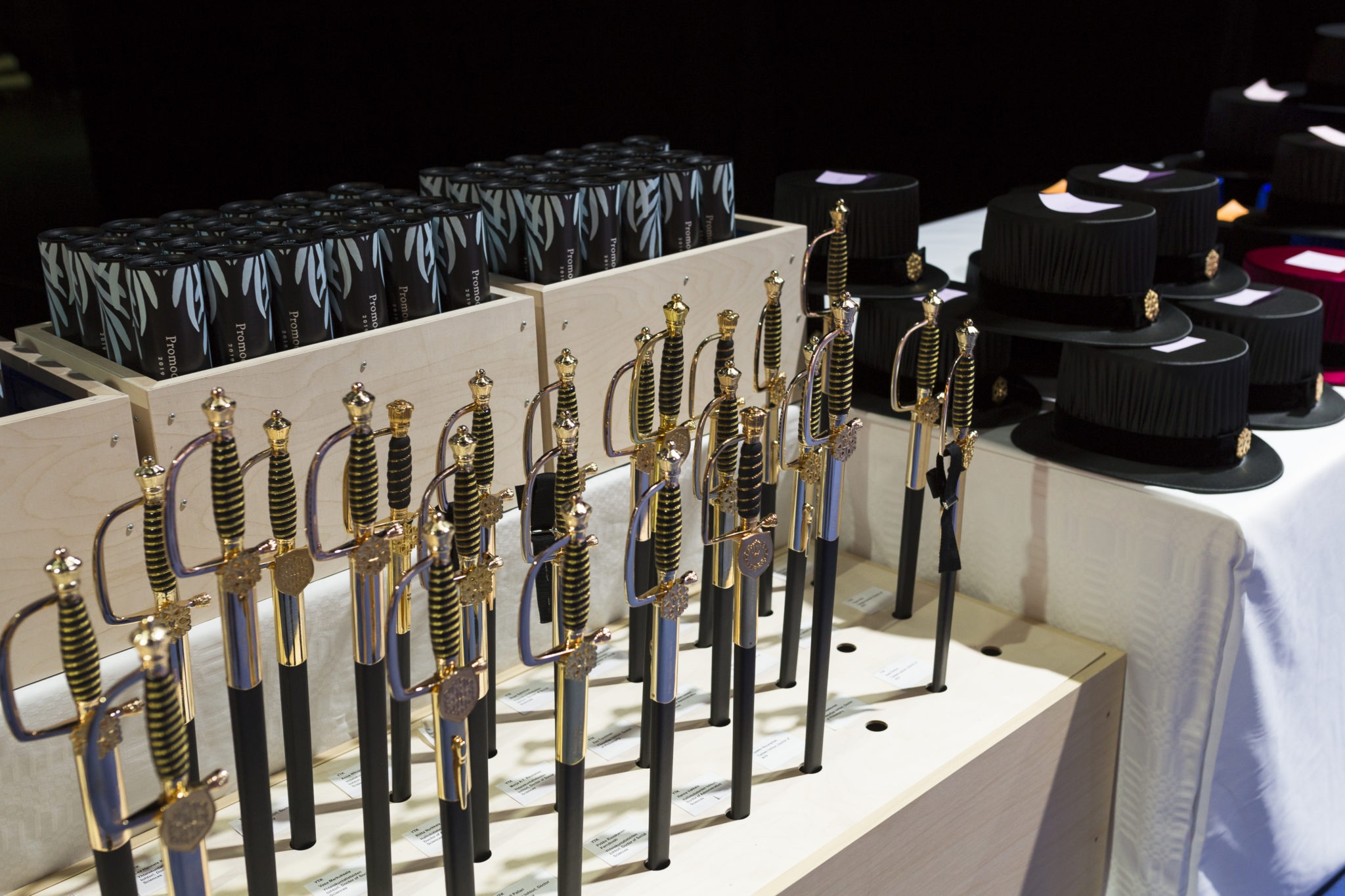
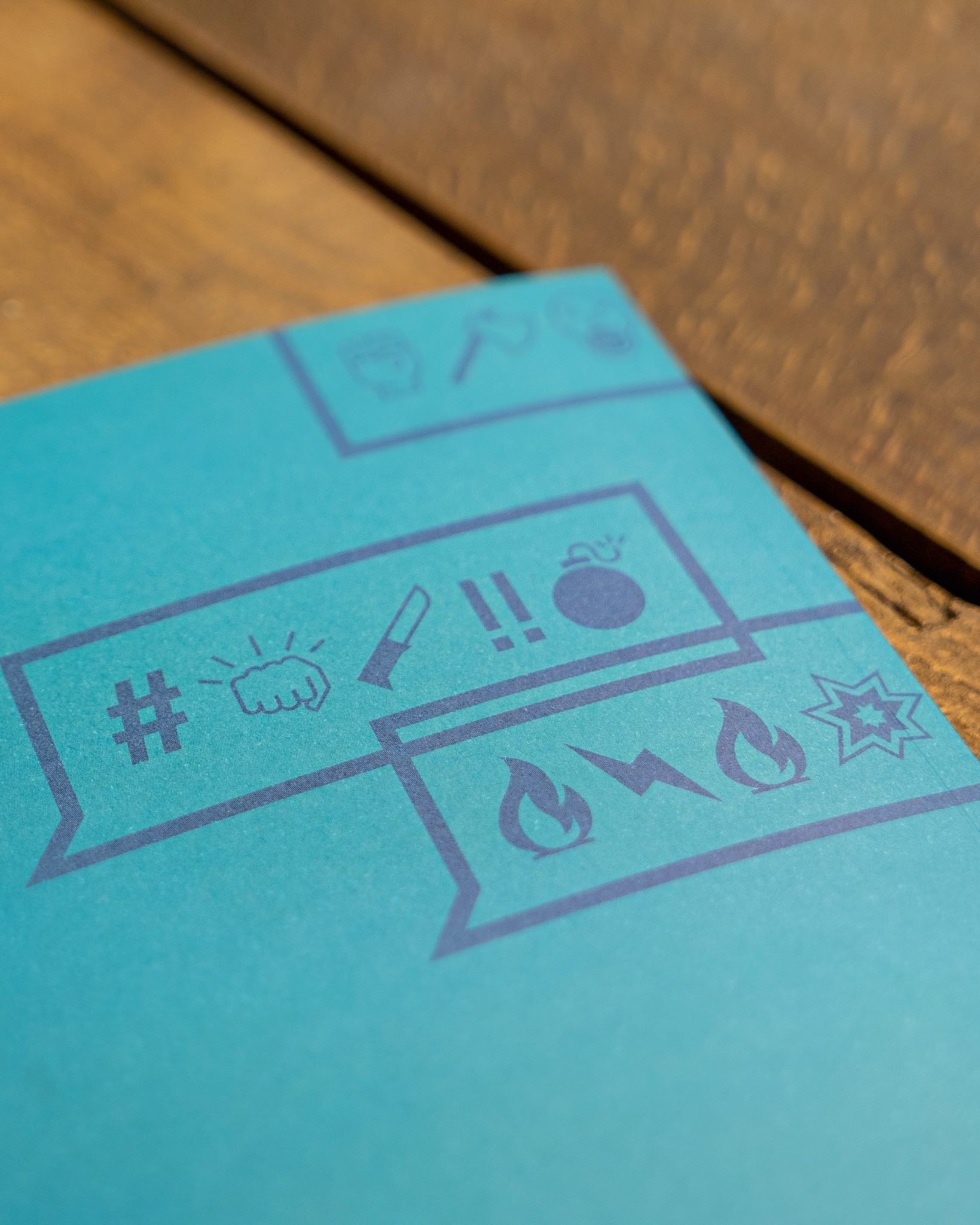

Awesome 🙂